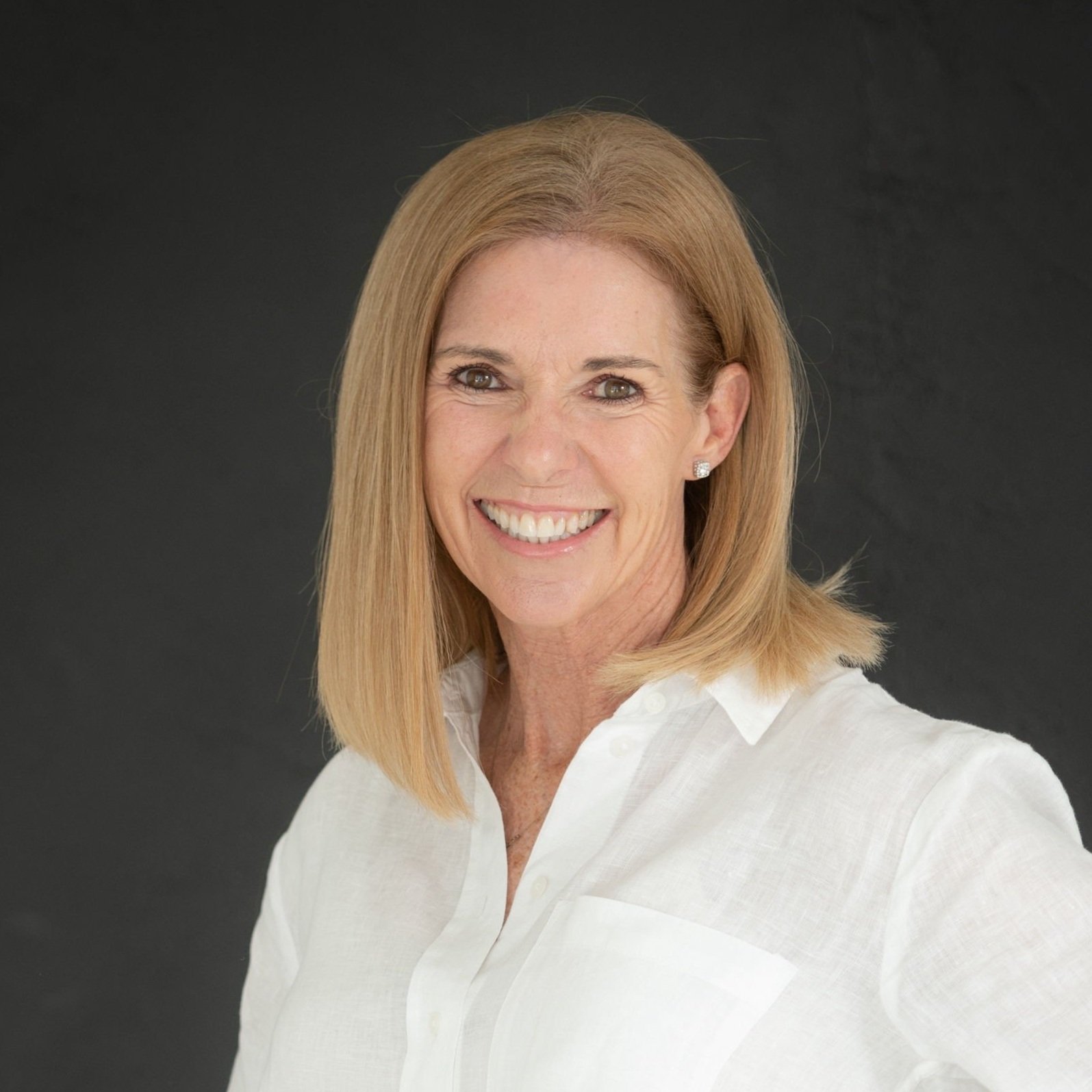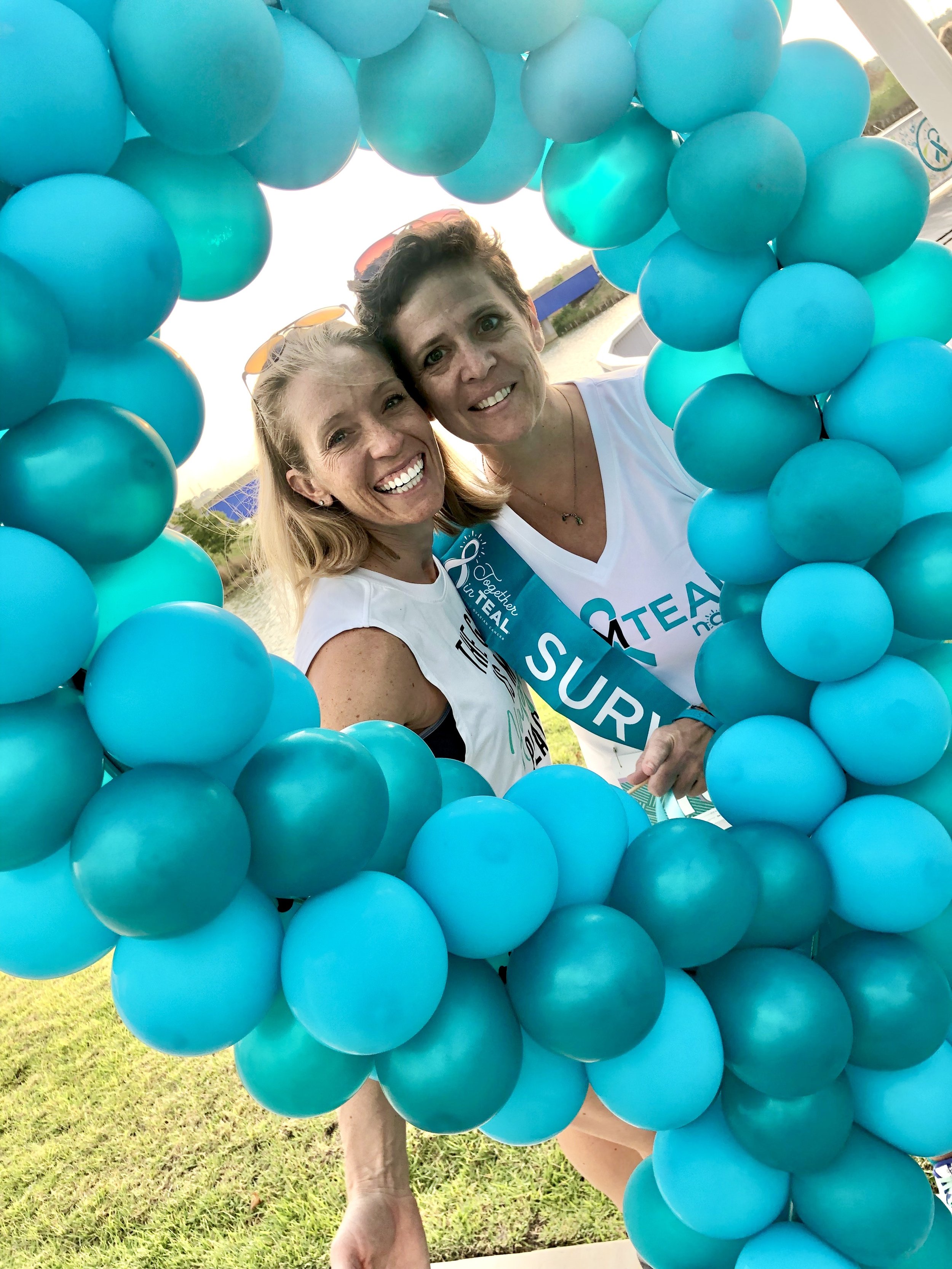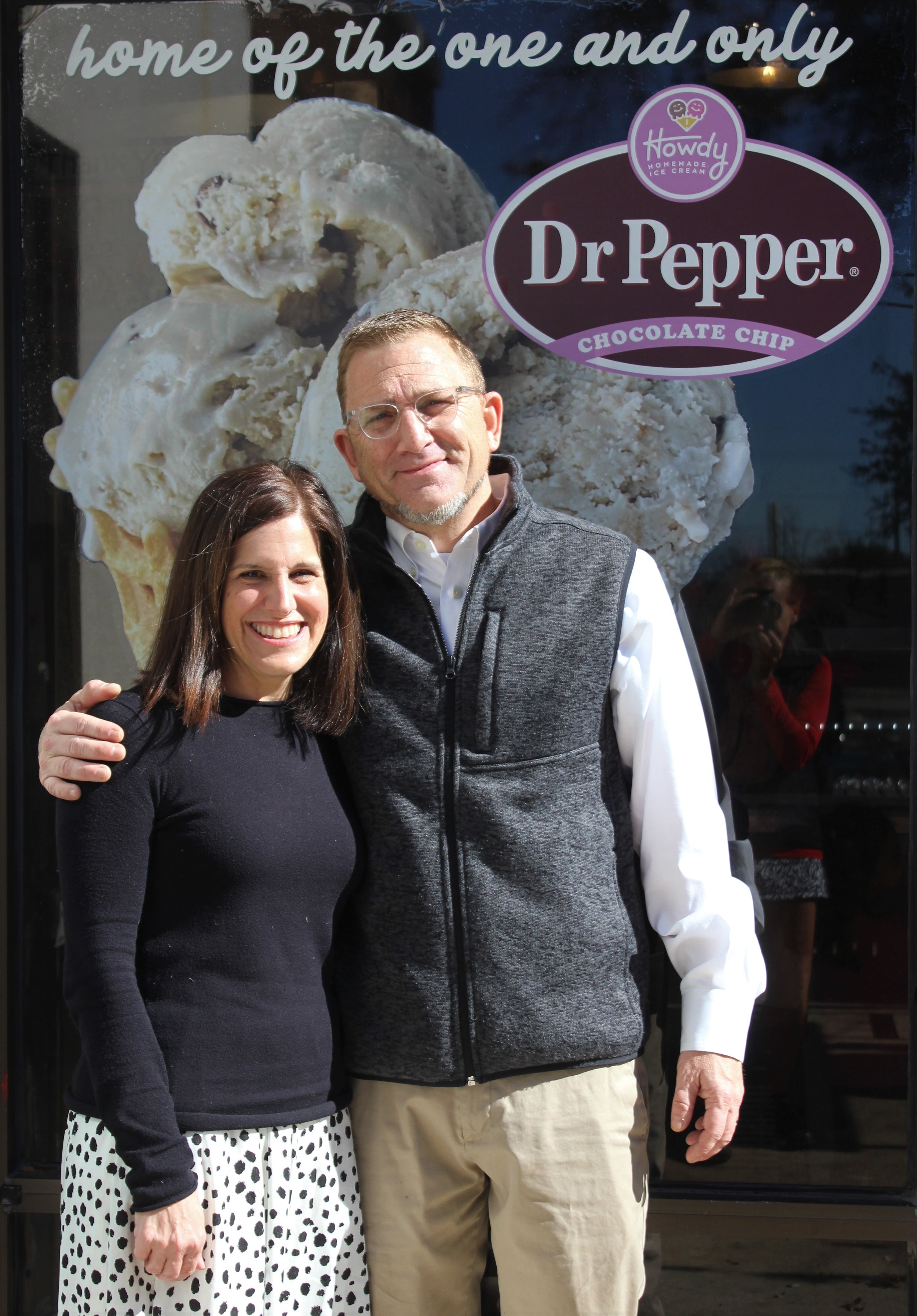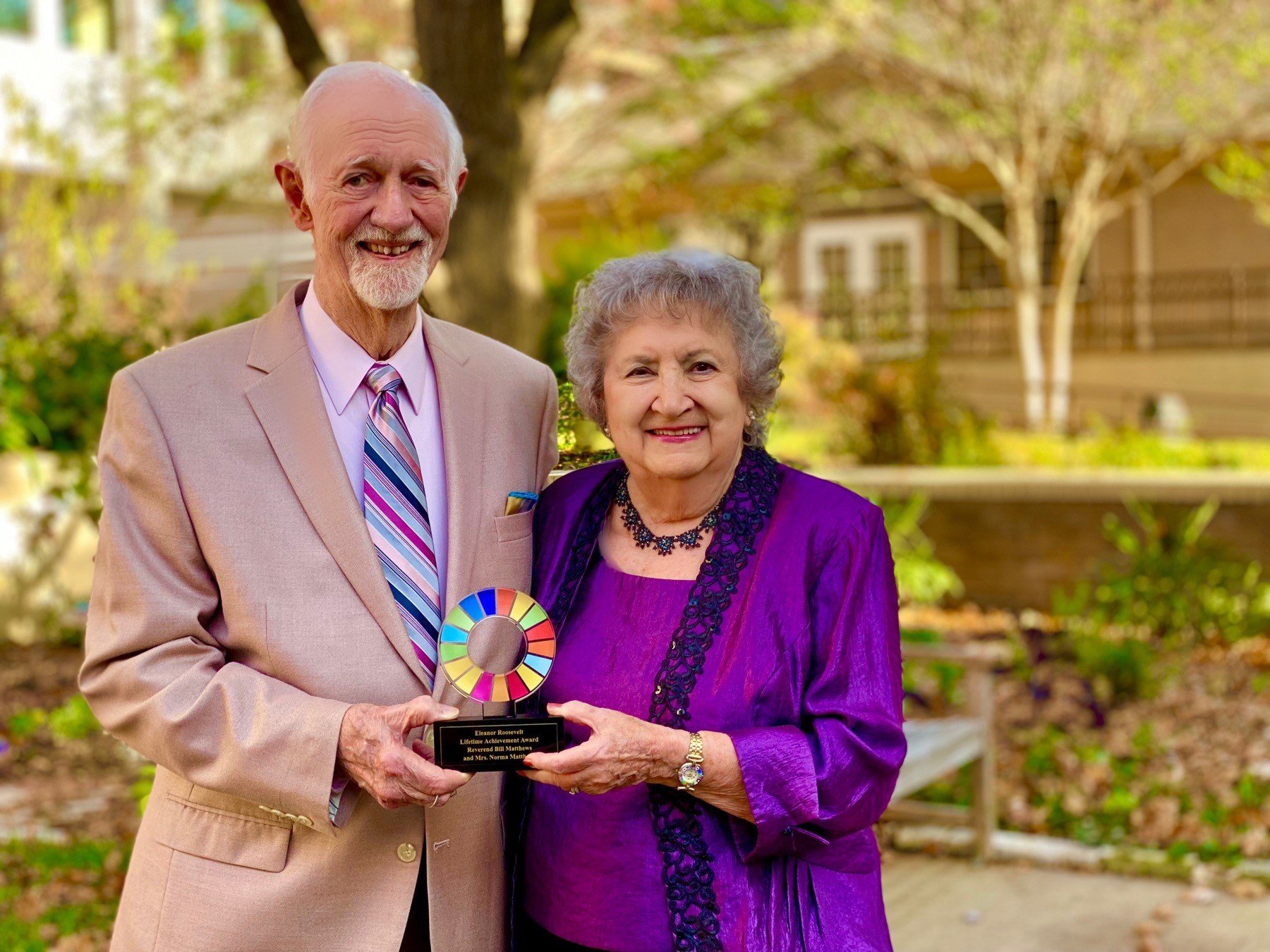Story and photos by Jan Osborn.
Growing up in the small town of Bentonville, Arkansas, Heather Ormand’s family life looked like they had it all. Heather was a straight-A student and a cheerleader, but always had the feeling she didn’t belong. Growing up in a predominantly white community over thirty years ago, Heather always felt a bit on the outside since her father was Pakistani and her mother was white. When she was 14 Heather took her first drink of alcohol and suddenly her anxieties felt muted.
Just a year later Heather overdosed on prescription medications—an unsuccessful attempt to die by suicide. Her parents rushed her to the hospital and the doctors pumped her stomach to save her life. After this traumatic event, Heather’s parents decided against therapy, and instead chose to move the family to South America, where her dad had a work opportunity. “My parents did the best they could, and I don’t blame them for any of my story,” Heather says. They hoped that moving to a new place would help Heather stop drinking and lessen her depression, but being away from Bentonville during her junior and senior year of high school didn’t change her mental health.
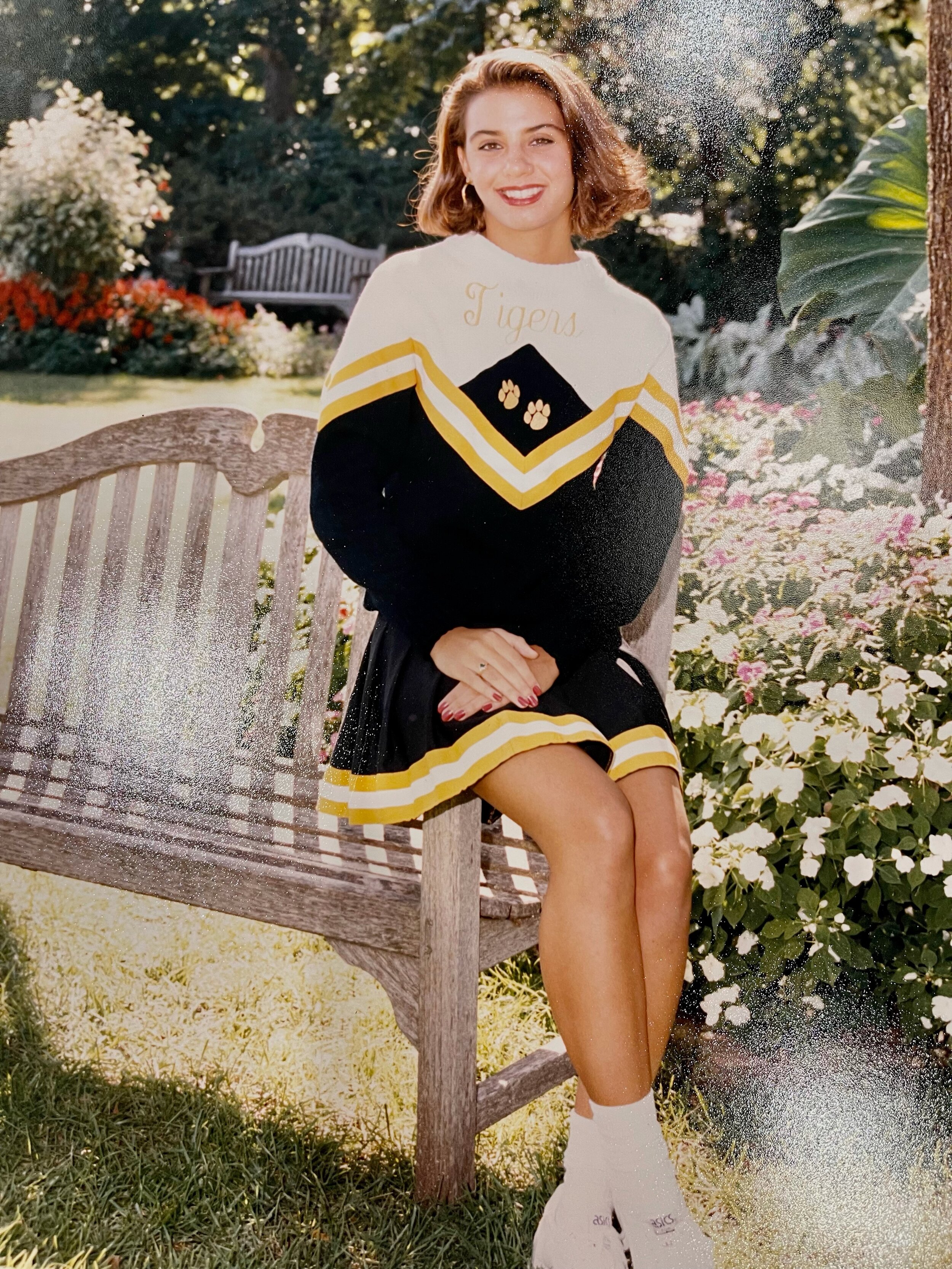
Heather as a high school student. Photo courtesy of Heather Ormand.
When Heather left for college, heading back to the United States, she realized that college was an easy place to binge drink. At 18 years old, Heather got a DUI and was sentenced by the court system to attend ten Alcoholics Anonymous meetings and alcohol awareness classes on Saturday mornings. At the time, Heather was in the middle of rush season for a sorority and would refrain from drinking on Friday nights, since she had to go to the classes on Saturday morning. Finishing the classes early in the day left her Saturday nights open to getting drunk.
Heather found it hard to believe that she could be an alcoholic after finishing five years of college in four years and sitting for her CPA, but the addiction followed her. She moved to New York City, and worked for PwC, the prestigious audit and consulting firm. On the outside she looked fine—working hard, following the rules, and receiving promotions at work. Heather was convinced that by being her best self on the outside, nobody would pay attention to the turmoil inside.
By her mid to late 20s, as her friends were marrying and starting families, Heather found herself depending more and more upon alcohol after work. Blackout drinking became a habit in hopes of losing the feeling of loneliness and despair. It was the Christmas of 2006 when Heather went home to Bentonville that she woke up at three in the afternoon, thinking it was Christmas morning. Heather says, “It was like my first moment with a higher power. I knew that I couldn’t continue to drink in the same manner. I also realized that the things I really wanted were to be happy and have a family.” Heather realized if she continued at this pace that she would likely die.
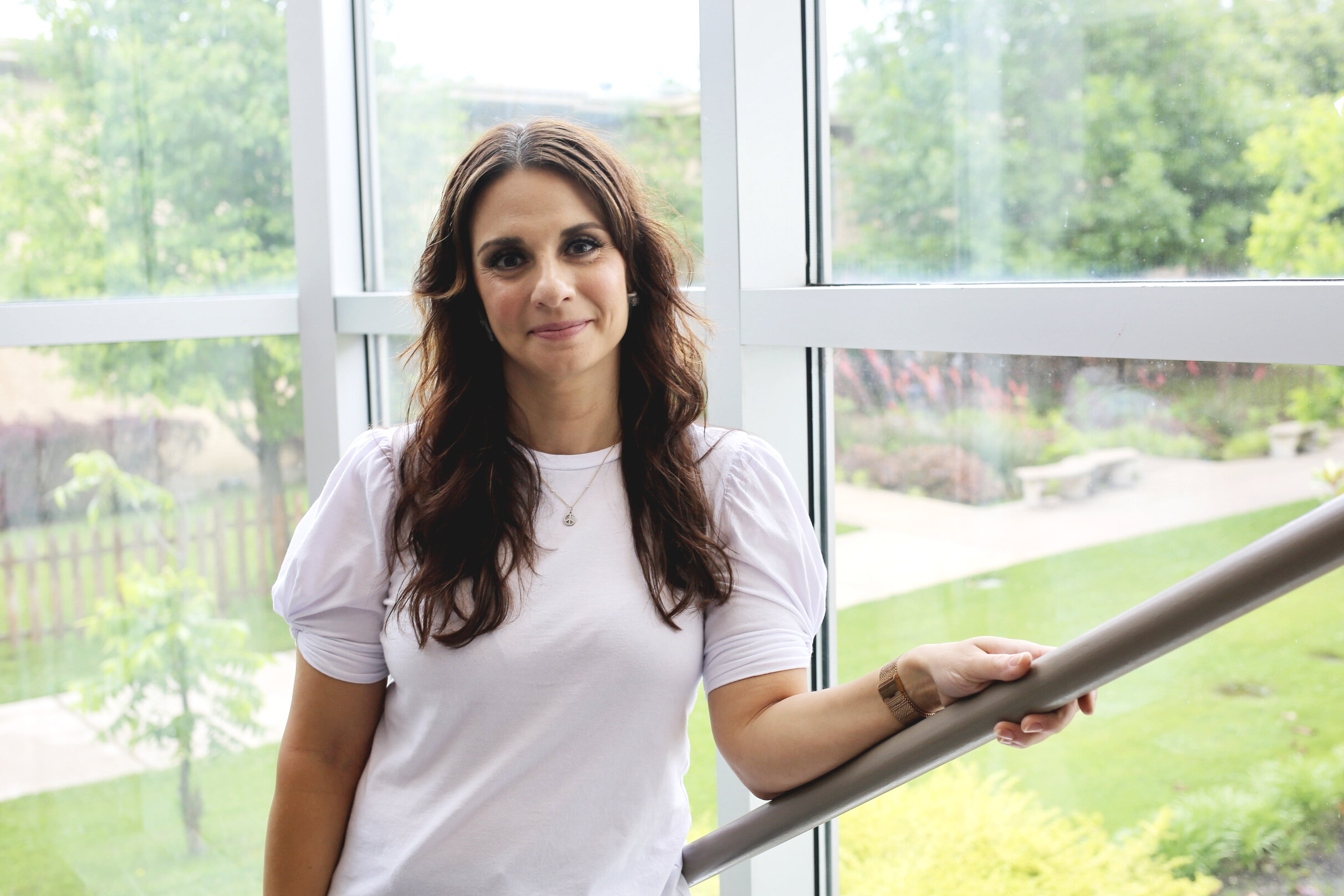
A Fresh Start
When she returned to New York after the holidays, Heather began seeing a therapist. And even in that decision, Heather now realizes that she was one of the lucky people who had resources available to her and could afford to pay for private insurance. She still had her job, she was able to pay rent, and her family relationships were intact. However, she knew that she had a problem that would not go away on its own.
Heather hoped that her therapist would prescribe medication, but instead, the therapist wanted an honest answer as to how much Heather was drinking every day and how the drinking made her feel. After Heather shared honestly, her therapist prescribed Alcoholics Anonymous (AA). “Because I am a rule follower, I thought I would do anything. The next day I went to an AA meeting,” Heather says.
During that first meeting, Heather heard other people put words to the way she felt, and she responded with tears. “They shared their feelings of not fitting in and trying to be perfect to make up for all the shame, guilt and remorse they felt on the inside,” Heather says. “Nobody had ever talked about those things before.”
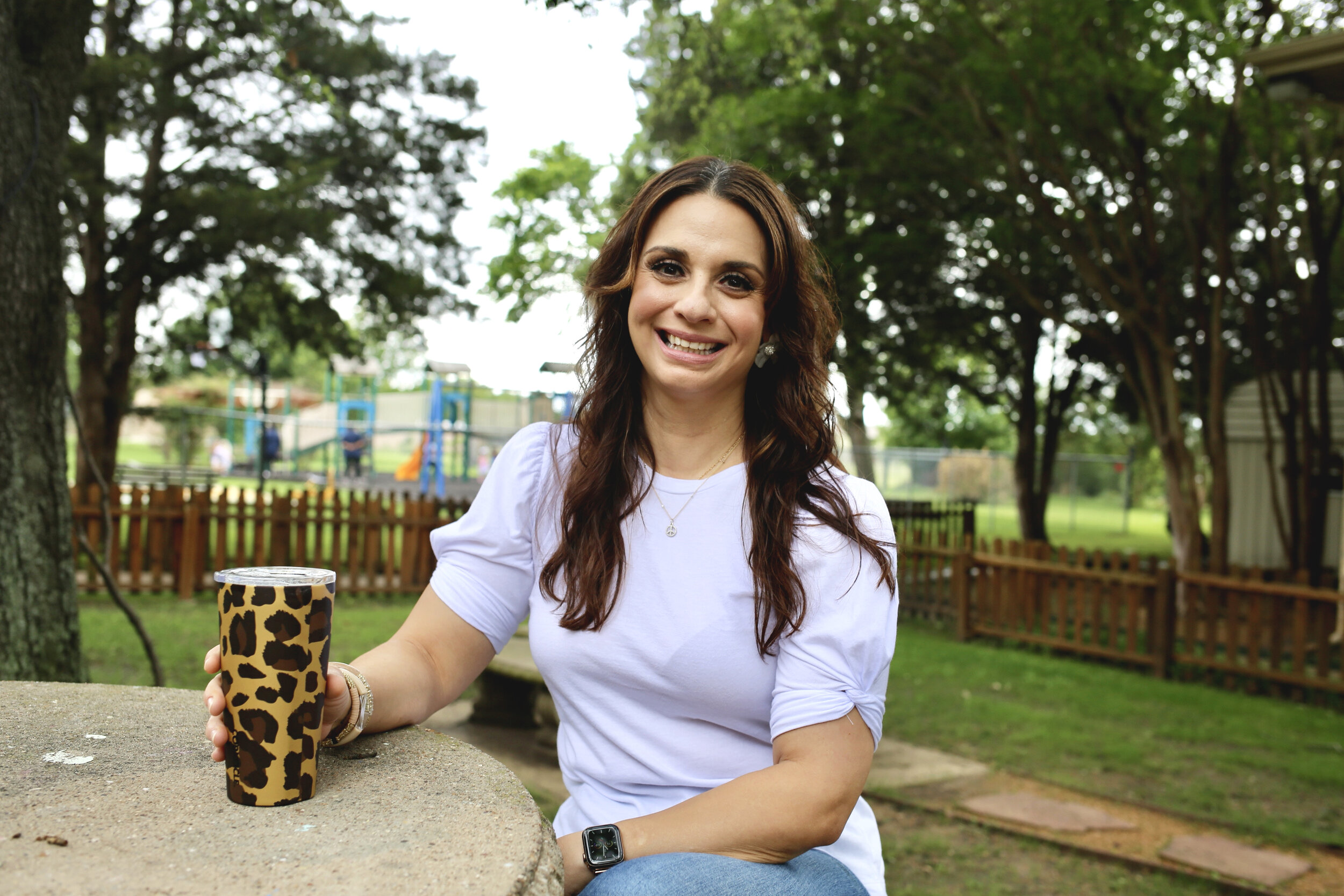
She also heard a lot of laughter among the AA members, which really baffled her. “I didn’t understand how they were laughing at some of these awful, horrible things that happened like blackouts and losing families,” Heather says. “But they were laughing and there was a levity there that I just didn’t understand. Now, I’ve grown to love and appreciate this within the fellowship.”
After three and a half years of sobriety, Heather turned 30 and wondered when her prized, wonderful life was supposed to appear. She had followed the 12 steps but there was no husband, no house, no kids, nor dream job. Still working in New York, Heather, decided to move to Dallas in 2010 and believed that she could drink again responsibly. “But it was miserable,” she says. “I was sad and depressed. All those old feelings came right back and even worse than before because I knew there was a different way to live. By the grace of God I got back into the program and my new sobriety date is January 11, 2011. The difference this time was that I really surrendered to my higher power, then things began to start falling into place in terms of finding a career that was more meaningful.”
Heather had been very successful in public accounting but realized it simply wasn’t her passion. After that first year of sobriety, Heather decided to go back to school to become a counselor, but quickly realized that she didn’t have the boundary mechanisms to work in direct care. She still felt drawn to work in a role that was helping others, so when she joined Dallas Children’s Advocacy Center (DCAC) as CFO, the pieces connected. This position allowed Heather to serve others, but in a way that was safe for her and her mental health.

Heather Ormand and with her new husband in 2015. Photo courtesy of Heather Ormand.
It was that move to mission-oriented work that changed everything for Heather. That year, she met her husband, Jason, and they married on September 5, 2015. Heather and Jason now have two children, ages four and two. Heather loved the seven years she spent at DCAC and learned a lot about the nonprofit sector from her mentor, Lynn Davis, who was CEO at the time. Lynn and Heather discussed her personal mission to help other women facing alcoholism.
Early in 2020, Heather began learning more about Nexus Recovery Center, a Dallas nonprofit focused on that same goal. Lynn then introduced Heather to Nexus CEO, Becca Crowell, who was planning to retire after 30 years of dedicated service. Heather had spent the first half of 2020 helping her DCAC family navigate the initial shifts due to COVID-19, but when the search for a new Nexus CEO began, she knew it was the right next step. Heather could see that people facing addiction were more disconnected and isolated than ever before, and she understood what those feelings were like.
The Need at Nexus
Heather began her work on July 3 and the first staff positive case of COVID-19 at Nexus was diagnosed on July 4. Heather immediately began working with the health department, and spent the entire Fourth of July weekend talking to clients and helping them through the safety procedures and quarantine rules. Feelings of fear mixed with her initial excitement about her meaningful new role.
Nexus is a residential and outpatient treatment facility and only serves women that suffer from substance abuse disorder, alcohol, alcoholism, and drug addiction. They provide residential services for adult women, women with children or women at any stage in their pregnancy. Clients with children are welcome into the residential treatment and can bring up to three children into treatment with them, one of the only facilities in Texas where that is possible.
>
“You meet a woman one day, then you see her a week later and her eyes are a little bit brighter. It’s a daily reminder that people can change with the support of others. Recovery and sobriety are such a community effort.”
Primarily serving women that are below the poverty level, most of whom have no private insurance or Medicaid, Nexus removes the financial barriers and prioritizes a safe place for women and children to live during treatment and recovery. Nexus has a fully licensed daycare on its campus where the young children of clients are fully immersed in learning while also receiving cognitive, play, occupational and physical therapies. The program at Nexus aims to keep the families together where the kids can see their moms becoming resilient and begin on their own recovery path.
Nexus also accepts outpatients where the woman does not have to stay on campus but can regroup five days a week, three hours a day and see a counselor one on one. Many clients of Nexus have underlying mental health disorders and Nexus provides specialists who are able to help them with a medical assisted treatment program. A medical assisted treatment program is for opioid users and is a harm reduction model where clients on buprenorphine are also in group treatment and immersed in the recovery community. The goal at Nexus is for the clients to get an abstinence only recovery model. Nexus meets the client where they are and provides medical assisted treatment. Currently, Nexus has 115 adult women living on campus and between 20 and 40 children.
Heather says it’s been such a humbling experience to see people on their first day, “because it takes me back to what it felt like when I walked into my first AA meeting.” She says there’s a level of understanding and empathy immediately and you can see the sadness in their eyes, the desperation, and the surrender. Heather says she feels like she gets to see miracles happen every day. “You meet a woman one day, then you see her a week later and her eyes are a little bit brighter,” Heather says. “It’s a daily reminder that people can change with the support of others. Recovery and sobriety are such a community effort.” Heather reminisced that community effort was a part of her recovery experience as well.
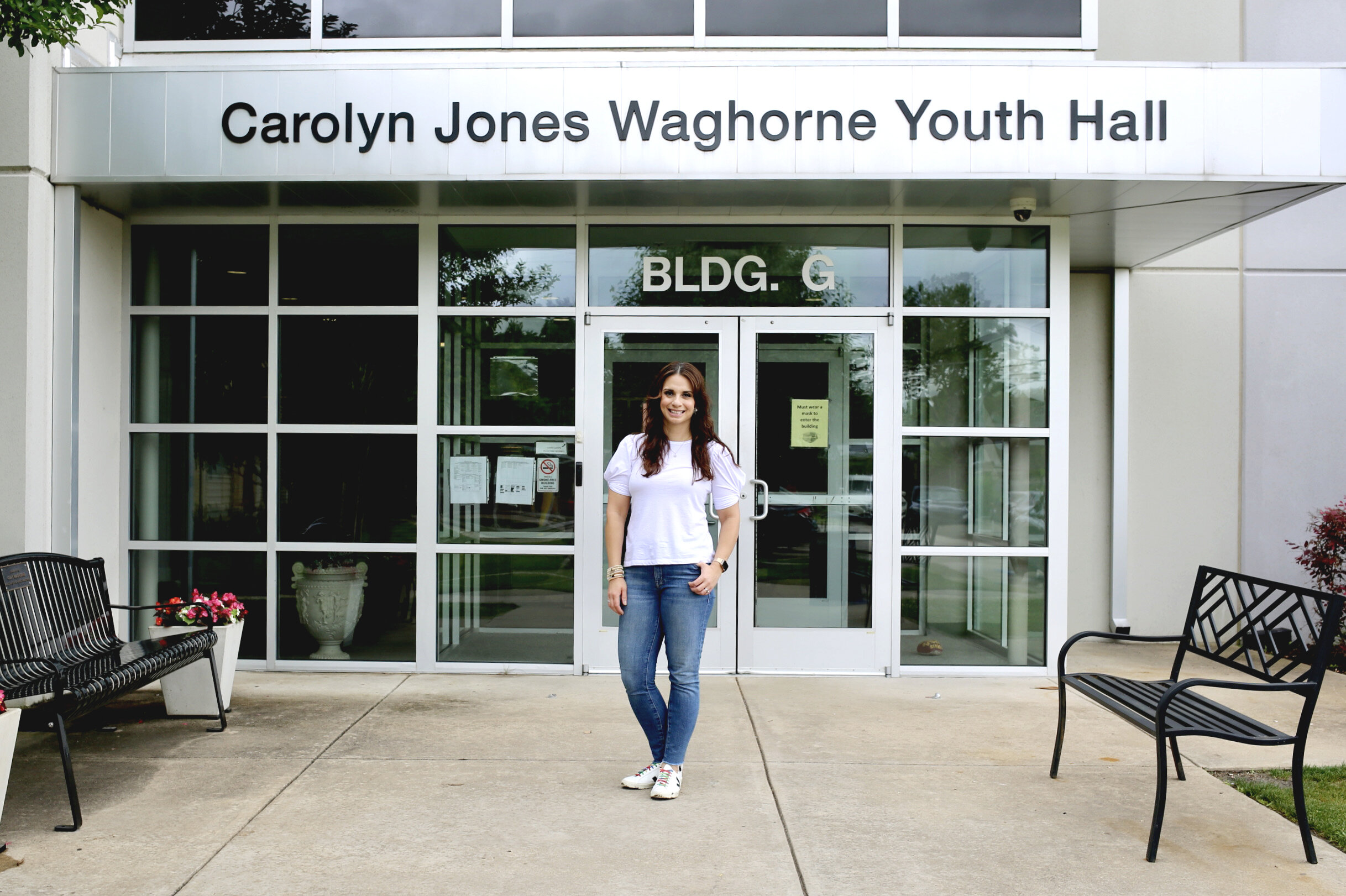
Like Heather, many of the staff members at Nexus are in recovery. Several are alumni of Nexus and look at Nexus as the place that saved their life. They want to return and give back to others. Heather said that Nexus also has recovery advocates throughout the organization, as many women want to help other women by seeing that change is possible.
Last month Heather received a phone call from a client who lived at Nexus from June to September of 2020. During the client’s stay, Nexus was able to throw a birthday party for her son. It was the first birthday where the client had been sober for one of her children’s birthdays. As Heather walked by the window of the cafeteria, the client motioned her to come inside and they were able to celebrate the boy’s birthday. During the call the client shared that her son is doing great in school. Heather says, “it’s just the joy in her voice and the excitement for what’s possible, and what’s to come. That’s what makes it so worthwhile.”
Like other nonprofits in our community Nexus has pressing needs waiting to be met. Heather said that one of the top priorities is operating dollars, so that Nexus can invest in their staff. “We need to make sure that our staff are making a living wage, and that we’re competitive in the market, and that we’re providing health care benefits for them,” Heather says. “Many of the staff are in recovery themselves and have worked hard to get where they are today. It is important to Nexus to make sure that these staff members have access to health care. We pay them good wages, so they can stay here and do this work and not have to make that compromise and go work somewhere else.”
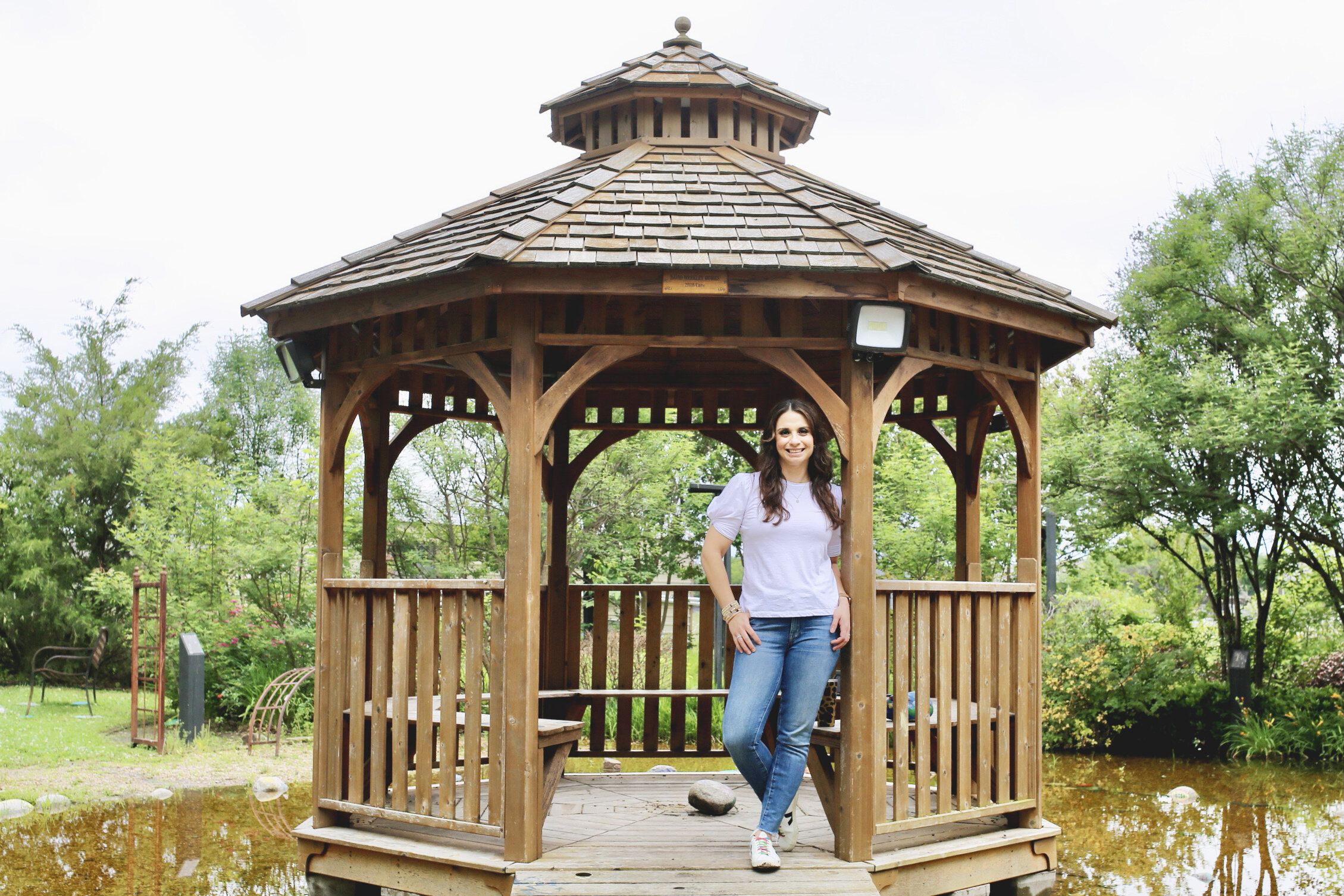
Another pressing need is updating the Nexus facility. “Our facility is very well loved, since it has been around since the late 1950s,” Heather says. “We have some major repairs and maintenance needs that need to be taken care of around the campus.”
But the most tangible needs are the basic supplies that clients need when they have come to Nexus with nothing. “One in four of our clients are homeless,” Heather says. “When many clients are admitted into services, they either come from living on the streets or being released from jail. Nexus needs basic supplies for these women. Comfortable clothing, toiletries, and linens help give them back a little bit of the dignity that they may have felt like they lost along the way.”
To celebrate their 50th year, Nexus is focusing their campaign towards three pillars: Community, Dignity and Security. With this concept Nexus is asking for 50 members of the community to donate $50,000. Nexus has set a goal of raising two and a half million dollars during 2021. A million dollars will go to the current operating budget and a million dollars will go to next year’s fiscal operating budget, which starts September 1, 2021. The remaining $500,000 will go for emerging capital needs. Heather says, “There have been a lot of hard days but those days are made so much better just by seeing a woman graduate or ask for the Big Book, or even watching them go through the 12 Steps for the first time. Having walked where they are walking and returning to yourself and who you were meant to be, is so rewarding.”
Featured
More Good Stories
Featured
When Kathy and Larry Helm heard about The Senior Source’s 60th Birthday Diamond Dance-Off, they knew they had to put on their dancing shoes! For the Helms, this event combined two of their passions into one. Celebrating and supporting The Senior Source, a Dallas-area nonprofit that has been serving older adults for 60 years, and dancing together, which they have been doing since they were high school sweethearts. Both Kathy and Larry have chaired the board of directors of The Senior Source and have been proud supporters since 1998. It seemed only fitting they should be voted into the finals to dance on stage at Klyde Warren Park this past summer.
In 2020, more than 912,000 women were diagnosed with some form of cancer in the United States alone. During that same pandemic year, countless medical appointments were canceled while people were social distancing, and yet still each day nearly 2,500 women heard the news, “you have cancer.” There is no doubt that these words can be crushing to hear, but what’s equally crushing is the lack of tangible, encouraging support that exists to help women feel beautiful, strong or “normal” before, during and after cancer treatment.
When Tom Landis opened the doors to Howdy Homemade in 2015, he didn’t have a business plan. He had a people plan. And by creating a space where teens and adults with disabilities can find meaningful employment, he is impacting lives throughout our community and challenging business leaders to become more inclusive in their hiring practices.
Have you ever met someone with great energy and just inspired you to be a better you? Nitashia Johnson is a creator who believes by showing the love and beauty in the world it will be contagious and make an impact. She is an encourager and knows what “never give up” means. Nitashia is a multimedia artist who works in photography, video, visual arts and graphic design. Her spirit for art and teaching is abundant and the city of Dallas is fortunate to have her in the community.
The United Nations Association Dallas Chapter (DUNA) honored Rev. Bill and Norma Matthews for their ongoing commitment, helping advance the United Nations Sustainable Development Goals agenda by promoting peace and well-being.
